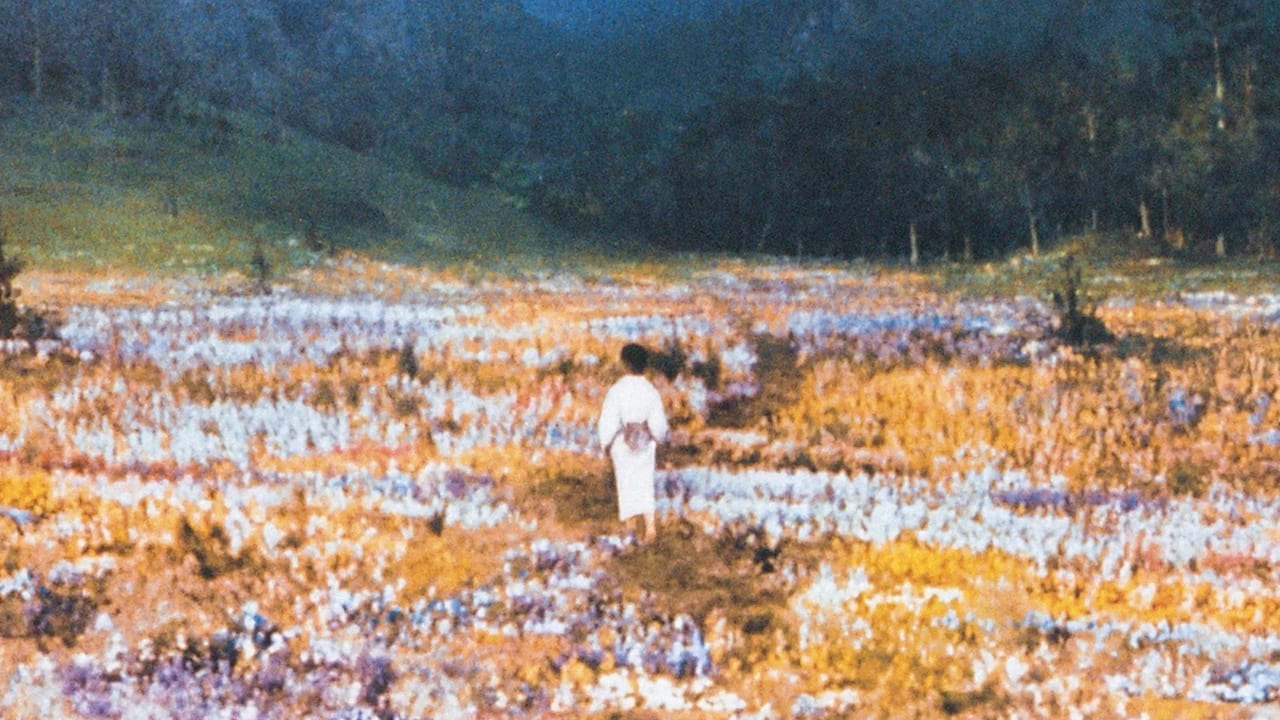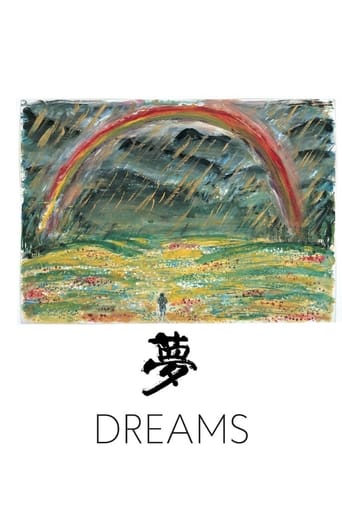

Great movie, Amazon spoiler: wanted to buy it and found that only way to buy it is to use it on a kindle. I don't want a kindle! I don't want kindle software on my computer! I thought I was buying a CD that would play on *my computer. And I agree 10 bucks is a fair price for the CD. But oh no, to find out about the kindle, you have to buy the CD. There is no returning the Kindle software. I figure, if Amazon is that hard up for 10 bucks, sucks, maybe they deserve it! Plus, they want ten lines about Amazon service. Well OK, Amazon has been good over the years. Until this time I've never had a problem with them. They, or there partners have simply taken my money and provided me with a product. Seems fair. Eventually Amazon does not feel this is a fair, although you can buy this particular CD anywhere for 10 bucks. Why Amazon feels that what I watch needed to be part of Kindle world; and I why I to pay to be part of the data base is somewhat amazing.
... View MoreIt is hard to explain how "Dreams" really works. It is not a common film that we see every day - its unique nature and composition as well as how it is constructed may seem a little difficult for some to watch and understand. Dreams is the most different film Kurosawa has made in his whole career.The film is divided in eight episodes - all of them regarding to dreams that Kurosawa had in many moments of his life. The most interesting aspect of it is how the dreams are organized. It starts with two episodes regarding childhood, then regarding the fears of adult life (passing though the war and the nuclear nightmare) until finally we meet the old age - the last episode in which an old man tells his vision of the world to a young man. Akira Kurosawa showed true creativity and technique to make this superb film. The scenes are beautifully shot and Kurosawa has never made such an astounding photography before. It is a real world inside a man's dream.Probably his most poetic film after Ikiru(1952). Dreams may not be one of his greatest masterpieces, but it is sure worth watching and an example of Kurosawa's brilliant imagination.
... View MoreI have just seen it once, in the 1990s, but I still remember it with fascination. "Dreams" contains different short pieces containing a enactment of several real dreams that Kurosawa had. You have to remember that when watching it, as the film is full of surrealism and unconsciousness, but also of shocking inexplicable images, as most of our dreams are. The dreams have different tone and mood, but all of them are beautifully filmed and brought to life. However, some of them are very sad and shocking and not easy to understand.This is one of those films rarely created in the history of film making, in which a director bares his soul naked in front of the spectator to show those fears, oniric patterns and stories that populate his most inner world. Imagine how difficult is to remember a dream, and, even more difficult, to recreate it and make it understandable, visually, for a person who is not you, i. e. for people to whom the images are presented as a projection of your unconscious. That's precisely what Kurosawa does in this movie. It is an exercise of both psychoanalysis and an intimate way of communication of the self with the viewer.This is, perhaps, a movie too complex for the usual movie-goer, but an oniric masterpiece, rare and unique that will delight cinema lovers and Kurosawa's fans.
... View Morei have been hearing about Akira Kurosawa's movies for a long time,but was not able to lay my hands on one till today!and his reputation did precede him...dreams is a collection of eight short dreams which was said to be dreamed by Kurosawa himself !most of the dreams is a beautifully pictured social commentary on modern life,and how science is destroying the beauty of the actual lives and the small little things that are really important! the peach orchard gives the message on deforestation and cutting of trees,the blizzard and the tunnel(two nightmares) gives different concepts of death and defeat,mount Fuji in red and the weeping demon gives the message about modern nuclear weapons and their ill effects... crows is the most beautiful dream,in which the dreamer travels through the paintings of artist van Gogh(played by martin Scorsese)...the transformation from painting to real life is really brilliant but my favorite dream is the last one village of the watermills,which makes u realize that technology and science necessarily do not bring a happy and full life!the two most important things in life is clean water and clean air!most of the dreams do not have any plot,actually they do not need one...they are very strong by themselves!it will seem that they are surreal dreams dreamed by a socially responsible person...and leaves a deep impression on ones mind!!it may be a little slow,but if u see through it,the way u view your life may change!9.5/10
... View More